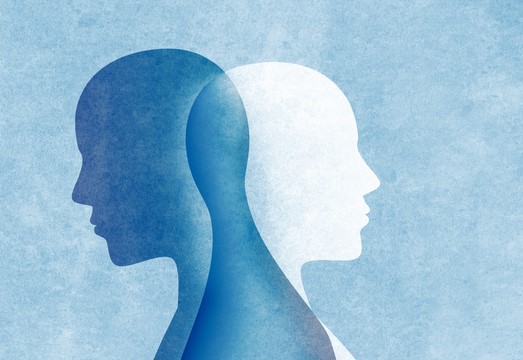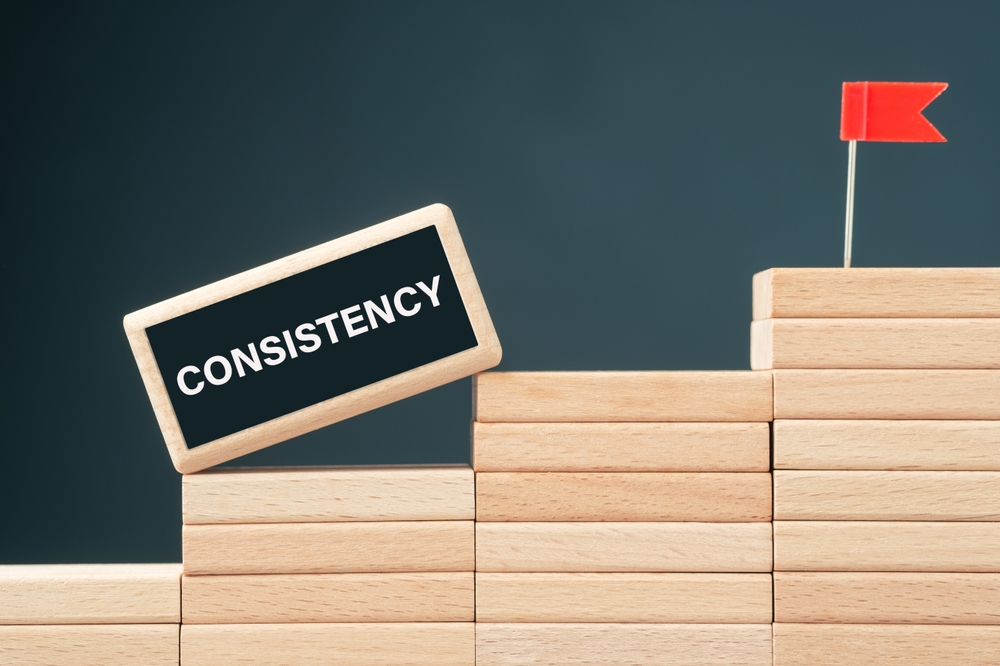What is Mental and Emotional Wellbeing?

Mental and Emotional well-being are crucial elements in holistic wellness. They affect the way you perceive your life, relationships and even your health. When you’re mentally healthy, you’re able to manage the different aspects of your life with a wide range of emotions. Without losing control when things don’t go your way.
There is a misconception that mental wellbeing is “treatment” to mental illness, but we’re here to set the record straight. Mental wellbeing is a state of mind that we should all be trying to achieve, it focuses on you feeling good and able to function with the world, and on how you can be the best version of yourself in order to lead a more meaningful life.
Emotional wellbeing is a bit part of mental wellbeing. The National Center for Emotional Wellness (NCEW) defines emotional wellbeing as an awareness, understanding and acceptance of feelings, and an ability to effectively manage through times of change or challenge.
When people are faced with negative or painful emotions, they can begin to feel overwhelmed, out of control and unable to function. But by understanding your emotions and how to process them, you can regain a sense of control which enables you to function in a more healthy and efficient manner.
Possessing the ability to maintain a positive attitude when faced with stressful situations, is what emotional well-being is all about. Expecting a challenge or stress-free life is unrealistic, but in dealing with those obstacles, resilience is key, as it allows you to navigate through challenges and maintain your mental wellbeing. Think of resilience as a muscle that will develop the more you use it. Your resilience grows when you recognize the emotions that trigger you and express them in a constructive manner to yourself and others.
“If we do not transform our pain, we will most assuredly transmit it — usually to those closest to us: our family, our neighbors, our co-workers, and invariably, the most vulnerable, our children.” - Fr. Richard Rohr
To transform the difficulties you experience, you can start by noticing your thoughts, feelings and behaviors to better understand your triggers. Once you are aware of your triggers and behavioral patterns, you will be able to determine what actions you should take, and will end up completely changing the way you handle challenges and make better decisions.
For example, if your manager promotes your colleague instead of you, do you get angry and resentful? Or do you try to understand why your manager did not promote you and see it as an opportunity to grow and develop your skills? Are you able to be happy for your colleague and congratulate them, and are confident that someday you will get that promotion too? Mental and emotional wellbeing enables you to stay positive in such challenging situations and not let negative emotions get the better of you.
As you focus on your mental and emotional well-being, you’ll be able to:
-
Receive and offer feedback with a healthy perspective.
-
Have discussions and difficult conversations with anyone.
-
build stronger relationships.
When your level of self-awareness increases, so does your understanding, empathy, humor and compassion. Resulting in your ability to stop being a harsh critic of yourself and others.
For more information about emotional and mental wellbeing, download MyGIG app and speak to a psychologist, through our Mindset service. Available 24/7 in Arabic, English, Urdu, Hindi and French



























































